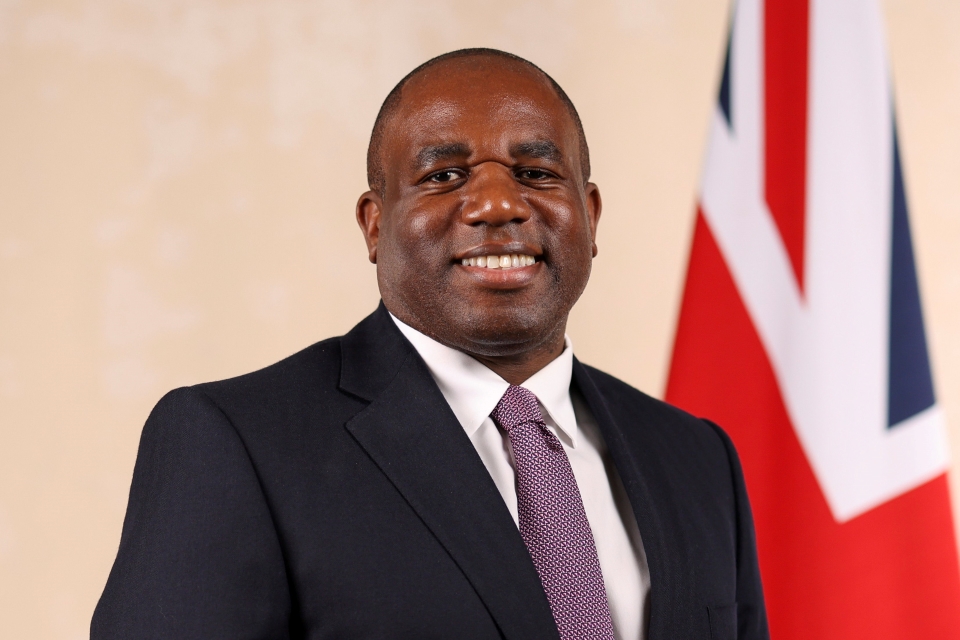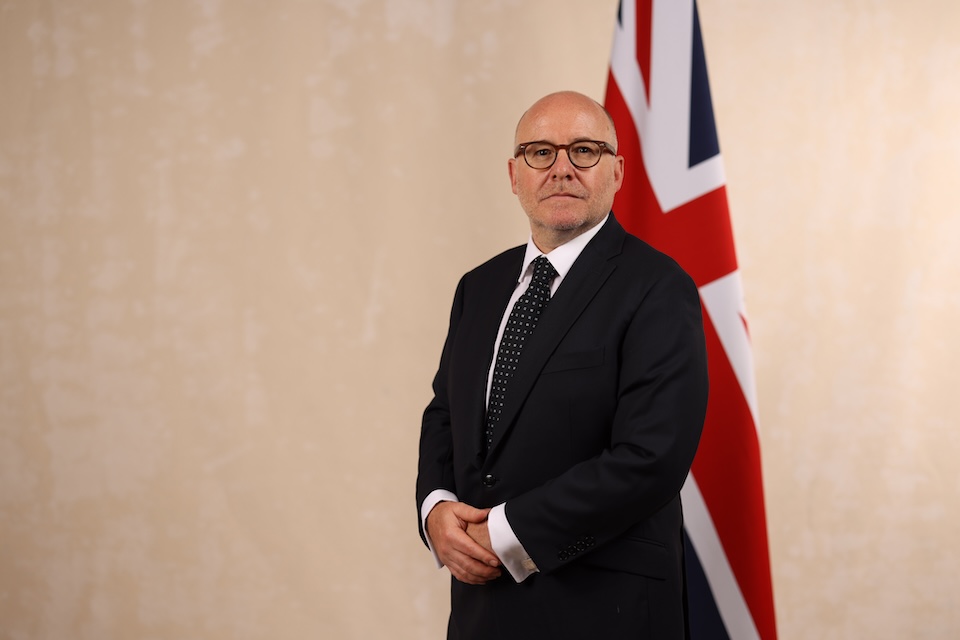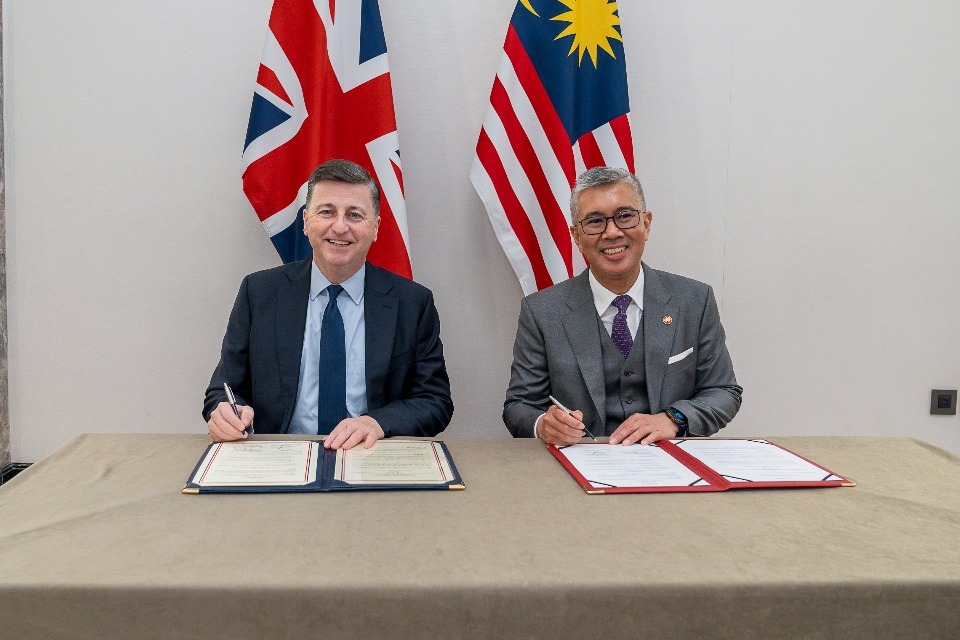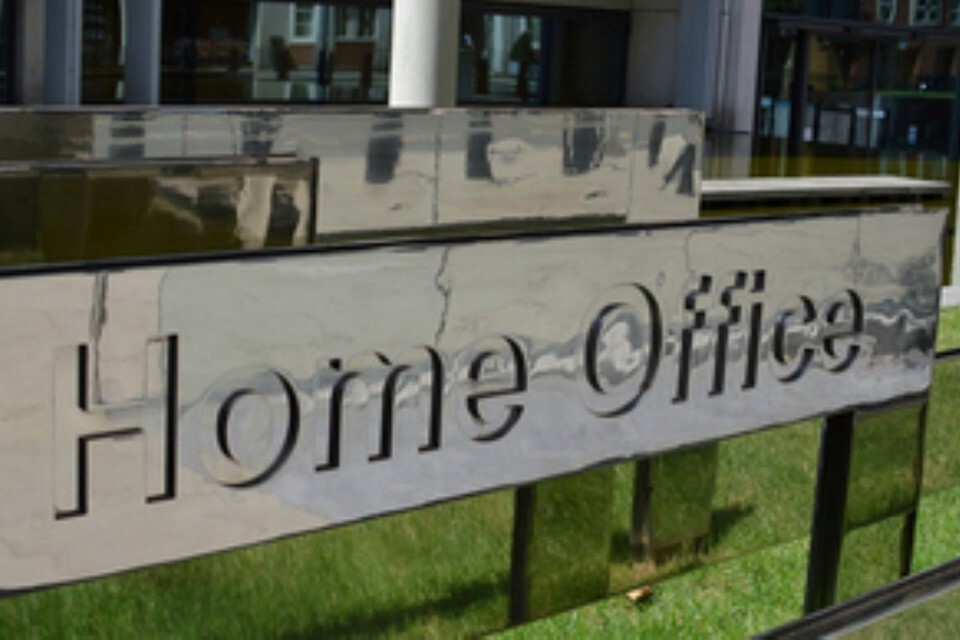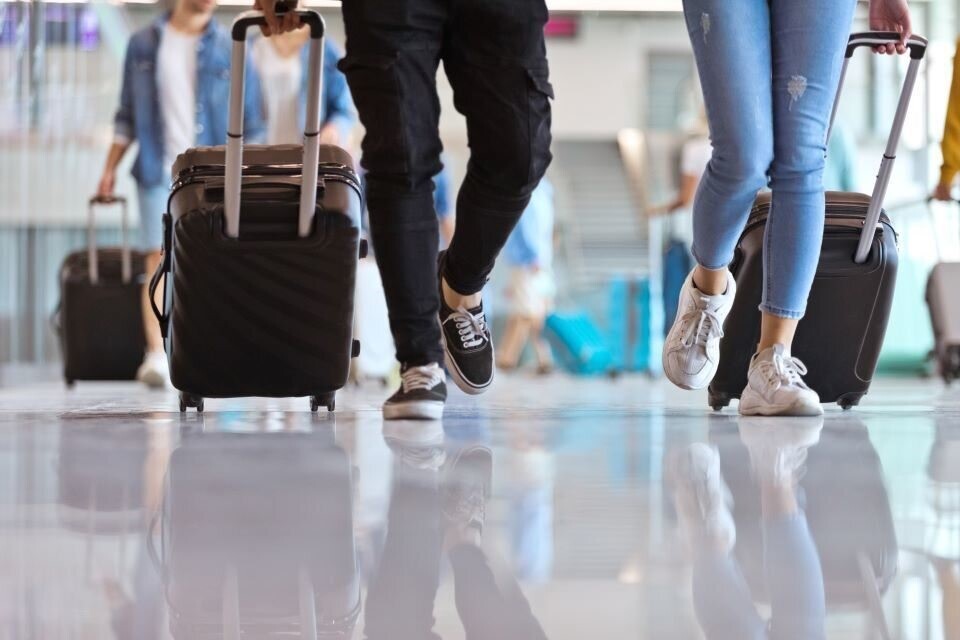With permission, Madam Deputy Speaker, I will update the House on the deal announced between Israel and Hamas.
Last night, US President Biden and Qatari Prime Minister Al Thani confirmed that negotiators had reached an agreement. While we await political approval for the text, the agreement is expected to come into force shortly after midday, Israel time, on Sunday 19 January.
After months of despair, there is now hope. A glimmer of light in the darkness – a darkness that had seemed all-consuming since Hamas’ barbaric terrorist attack on 7 October 2023.
I am sure the whole House remembers the agony as we learned the full horror of what had unfolded. The grief as we mourned those who were lost.
For the hostage families, the agony has gone on and on. Members across the House will have met many of them, including the relatives of British citizen Emily Damari, and Eli Sharabi, Oded Lifschitz and Avinatan Or, and I know we have families with us here in the chamber today.
I want to pay tribute once again to them, for their bravery, humanity and commitment to bring the hostages home.
And I invite the House to join me to remember those murdered in captivity, including Nadav Popplewell and Yossi Sharabi. May their memories be a blessing.
And I say to all those now waiting anxiously to see what this deal means for them – we are with you, in the days and weeks ahead.
In Gaza today, civilians will be waiting anxiously to see what this deal means for them. And I say to them too we are with you, as you begin to rebuild your lives.
After 15 months of conflict, the level of suffering defies belief. Gazans have truly been trapped in hell on earth. Over 46,000 killed. So many children’s lives extinguished. Schools, hospitals and homes destroyed. Hunger and disease. Almost 2 million forced to flee their homes, with northern Gaza cut off from the rest of the Strip. A generation scarred by the savagery of war.
Among the victims was Hind Rajab, a 5-year-old Palestinian girl killed alongside members of her family and the paramedics who came to rescue her.
Among the victims were many journalists, dedicated to documenting the horrors around them.
Among the victims were aid workers dedicated to serving others, including British citizens John Chapman, James Henderson, and James Kirby.
I invite the House to join me in remembering them all. We mourn every innocent victim of this appalling war.
Beyond Israel and Gaza, this conflict has brought yet more tensions and conflict into the wider region. Unprecedented Iranian attacks. A renewed conflict in Lebanon. Houthi strikes in the Red Sea and into Israel. At times too, our own communities and indeed this House have been divided by this war.
This then is a moment of hope for all of us. A moment to unite in support of this ceasefire.
The agreement as negotiated Madam Deputy Speaker has 3 stages.
In the first 6-week phase we expect
- both parties will stop fighting
- 33 of the hostages will be freed – children, women, those over 50 and the wounded
- Israel will start to redeploy to the edge of the Strip
- Palestinians will return to what is left of their homes
- the Rafah crossing will reopen
- Israel will allow 600 truckloads of aid into Gaza each day
- on the 16th day, negotiations will begin on the detail of the second phase
In this second 6-week phase
- the male hostages under 50 would be released
- Israel would complete its withdrawal from Gaza
- there would be a permanent ceasefire
Finally, a third phase would see the return of the bodies of any remaining hostages and the lifting of economic restrictions on Gaza.
As President Biden said, the elements of this deal were endorsed by the United Nations Security Council last May. But it has taken tireless efforts to reach agreement between both sides, with reports of final talks this week lasting an intense 96 hours.
I congratulate all those who have contributed to getting to this stage. In particular, His Highness, the Emir of Qatar, and Prime Minister al-Thani. Egyptian President Sisi and Foreign Minister Abdelatty. President Biden and Secretary Blinken, as well of course as President Elect Trump.
The UK has been supporting them throughout. From day one in office, the government has pressed, at every opportunity, to free the hostages, get more aid into Gaza and open up a path to lasting peace.
I visited Israel and the Occupied Palestinian Territories for the third time as Foreign Secretary just this week, meeting Foreign Minister Saar, President Abbas and hostage families, to press for an end to this war and a plan for the future.
We have also played a leading role in the humanitarian effort, restarting funding to UNRWA, funding field hospitals that have treated over 300,000 Gazans and providing over £100 million in support to the Palestinians this financial year.
I pay tribute too to the Foreign Office Ministers in the last government for their work to deliver aid to Gaza. I know how hard they work now I am in this role.
And this intense effort must continue in the days and weeks ahead. Much remains to be done.
It is critical that there is final approval of this agreement. As the Israeli Cabinet meets, I urge them to back this deal. Now is not the time for any backtracking. Both sides must implement each phase of the deal in full and on time.
The history of this conflict is littered with missed opportunities. It would be a tragedy to let slip the chance before us. We must grab it with both hands. The chance not just for a ceasefire but for a lasting peace. The chance to break the cycle of violence which has inflicted so much suffering on innocent people on both sides.
The government is committed to sustaining momentum, however fragile the process at first may be.
Every hostage must be released as set out in the agreement.
Every ounce of aid promised to Gaza must reach those in need. I am sending my Representative for Humanitarian Affairs to the region, to work closely with aid agencies, the Israeli government and our partners, to deliver on these promises.
Palestinians must also be free to return to their homes. And, crucially, they will need to rebuild. Rebuild their homes. Rebuild their lives. Rebuild their communities.
They cannot do this on their own. They need to feel safe. They need the international community to deliver the funds they will require.
The UK had already begun to convene partners on the financing and the coordination of recovery and reconstruction. It is essential that the coming surge of assistance is properly coordinated, and with the access and security to get to people all that they need.
The Palestinian Authority has a crucial role to play. We want donors to support their plans for recovery and I discussed this with President Abbas on Monday. We are providing technical and financial assistance to the PA, including to support the urgent recovery of basic services.
Working with the Palestinian Authority and civil society will help lay the groundwork for inclusive Palestinian governance in Gaza. This is the best way to re-establish local order and security.
It is therefore a crucial first step in achieving not only better lives for Palestinians, but a future for Gaza no longer under the control of Hamas.
Ultimately, it will take time to rebuild Gaza. Madam Deputy Speaker, we are not yet there yet. There is much negotiating still to do and as we debate in this House, fighting continues, this agreement awaits full political approval. The hostage families wait for those hostages to come home, Gazans wait for the horrors to be lifted.
But we must still recognise the significance of this moment. It has been long-awaited – frankly, it has taken far too long and I sincerely hope it is now the basis for progress.
Progress on bringing the hostages home. Progress on bringing relief, reconstruction and hope to long-suffering civilians. Progress towards a two-state solution with Palestinians and Israelis living in peace and security. A better future for all.
I commend this statement to the House.


